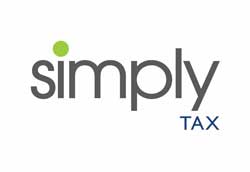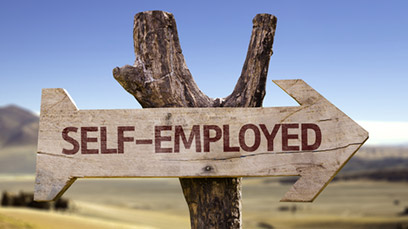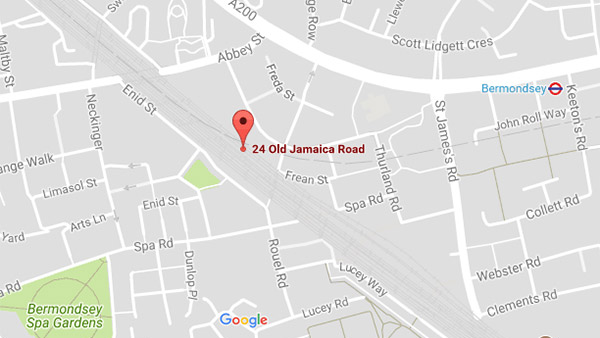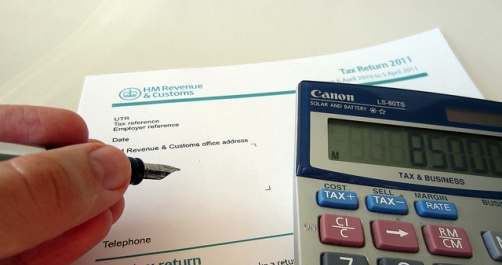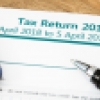- Posted byadmin
- Self Assessment, Tax Deductible Expenses, Personal Tax, Tax Planning, Budget, Company Cars, HMRC, Financial Planning
- 0 Comments
Tax Busting Tips Part One - Business Planning.
There are so many things that could affect your tax bill. Not all of these will be relevant to you but to help you get to grips with them we have created a list of nearly 100 things that you should think about, or discuss with your accountant in the run up to the Self-Assessment deadline.
Below you will find the first 19 in this list which are related to business planning.
Not sure you can make sense of this list? Then we can help. We will do all the hard work to minimise your tax bill, so that you don't have to. We can do all this for a set price and in a guaranteed two week turnaround.
1. If your spouse/civil partner earns less than the personal allowance of £11,000 per year and helps out in your business you can pay them a wage to reduce your taxable profits. A wage of between £112 and £155 per week will not create a national insurance charge, but it will help your spouse gain credits toward the state pension and other state benefits.
2. If your children are aged at least 13, earn less than £11,000 and help out in your business you can pay them a wage to reduce your taxable profits.
3. Have you considered changing your accounting year end to use up any overlap relief created when you started in business?
4. Do you make sure you always have a pre year-end tax planning meeting with your accountant to make sure all necessary action is taken before your year end? After then it will probably be too late.
5. If you are a sole trader paying 40% tax and your spouse/ civil partner helps out in the business but is a lower rate taxpayer, have you considered making them a partner in your business to allocate some profits to them at a lower rate of tax? Or if operating as a Limited Company, gifting them some shares to pass dividend income to them?
6. If you are a sole trader earning less than £5,965 per year there is no need to pay Class 2 national insurance, but you may wish to pay the NI contributions to build up entitlement to the State pension.
7. Have you considered whether you have the right legal structure for your business? If you are a sole trader or partnership paying higher rate tax you should consider using a Limited Company. Have you also considered if a Limited Liability Partnership structure may be beneficial?
8. Make sure you buy assets such as equipment, computers, motor vehicles, etc at the right time to maximise the tax relief. If you purchase equipment just before your year end you will bring forward the tax relief for capital allowances, which will normally be due at 100% of the cost for the first year.
9. If you have personal loans or are considering taking out a personal loan you may be able to reorganise your finances so to make a business
loan to your partnership or company. By doing this you will get tax relief on the interest you pay on the loan.
10. Have you considered spreading the ownership of your business to your spouse and family so that when you finally come to sell it, the amount of Capital Gains Tax payable is minimised?
11. If your business has made a loss, make sure you have claimed relief for the losses by setting it off against profits made in earlier years, your other income for the same or previous year before carrying the balance forward to set against future profits.
12. If you have previously subscribed for shares in an unquoted company and you lost money, you could, subject to a few conditions, claim tax relief for the loss by setting it off against profits from your trade.
13. If you have a boat that you sometimes charter out you can look at claiming capital allowances on the boat.
14. If you work from home make sure you are claiming for use of home. Look to claim a proportion of items such as mortgage interest as well as gas, electricity, water rates etc.
15. Just because you don’t have a receipt doesn’t mean you aren’t entitled to claim for an expense as a business deduction, but you do need to have a record of the expense in some form.
16. Do you check that the amount of expenditure allocated for private use is reviewed each year with your accountant?
17. To promote your business through having a box at a football club, sponsoring a car rally, etc you need to show a true attempt to benefit the business in order for it to be tax deductible.
18. The lower your stock value, the lower the profits on which you pay tax. If you believe you cannot sell the stock for at least what you paid for it, or the cost of production, you can reduce the stock value.
19. Are you aware that Capital Gains Tax on the sale of a trading business held carried on for at least 1 year is taxed at 10% rather than 18% or 28% for the first £10million of qualifying lifetime gains, which means you need to check exactly how long you have been trading before you agree on the sale date?
Keep an eye out for our next set of tax tips next week! Or fill in this handy form to start your Self-Assessment enquiry with us.
